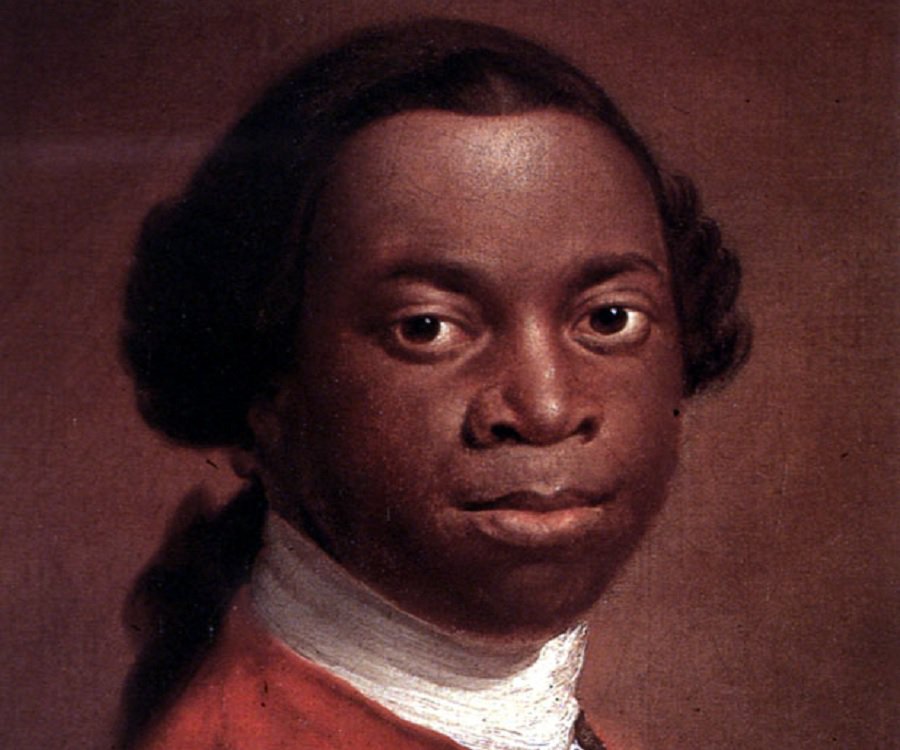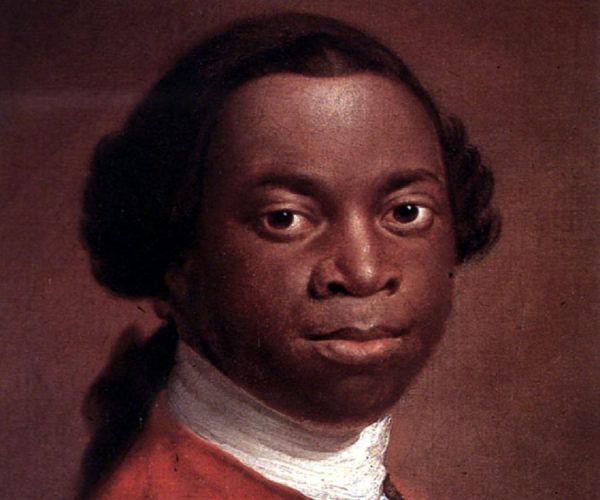Olaudah Equiano, an African writer and abolitionist, documented his experiences as a slave.
taken away
Olaudah was born in 1745 in Essaka, an Igbo Village in what is now Benin. He had five older brothers and a younger sister. At the age of eleven, he and his sister were captured by native slave traders. Olaudah was later sold to European slave traders after he hand been traded to a number masters, going from to the other. He was shipped alongside 244 other slaves across the Atlantic Ocean to Barbados. From there, he was transferred with some others to Virginia.
He was sold to a Royal Navy Master by the name, Lieut. Michael Pascal, in Virginia. Pascal changed Olaudah’s name to ‘Gustavus Vassa’. However, Olaudah rejected and refused to be called by that name, seeing his name had been changed twice prior to the christening done for him by the lieutenant; he had been named Michael and Jacob respectively, so he told his new master that he preferred to be called Jacob.
This revolt did Olaudah more harm as he was subjected to “many a cuffs”; in those days, slaves were placed under an iron muzzle which held their lips together, hence ridding them the privilege to talk. Having suffered severe punishments, he submitted to the will of his boss and was thence called ‘Gustavus Vassa’, a name Pascal gave him after the 16th century Swedish King.
western education
Olaudah was trained in seamanship, being owned by a Naval Captain and part of his duties was to haul gunpowder onto the gun decks – it was during the Seven Years of War between Britain and France. Besides that, his other duty was to assist the crew in times of battle. Pascal later sent Olaudah, who had earned his respect, to England to be educated.
In 1759, Olaudah converted to Christianity and was baptized too. He was a Methodist, influenced by George Whitefield’s evangelism. At the end of the war, which Britain won, Pascal did not fulfil his promise to free Olaudah, neither did he pay him his wage for working with the crew during the war. Rather than free him, Pascal sold him as a slave to Captain James Jordan ,who resided in the Caribbean. However, in his letter, he requested that Olaudah be sold to a very good master because he was a good boy – a letter to which the Captain replied, saying he found that report to be truly so.
Captain Doran fought for Olaudah’s freedom and taught him how to trade, in addition to helping him further his education. He was later sold to a Quaker merchant from Philadelphia, Robert King. It was here that Equiano joined the abolitionist movement. He became strong amongst the Quakers.
abolitionist movement
His ferocious activities and participation in the abolitionist movement, during which times he supplied information about the slave trade to other abolitionists and publicising the Zong massacre, earned him the support of many other abolitionists. He was encouraged to write a book on his experience and this birthed his book, The Interesting Narrative of the Life of Olaudah Equiano. First published in 1789, it was promoted by the Countess of Huntington, Selina Hastings amongst many other philanthropists.
Olaudah promoted the book across Britain d and he earned so much revenue from the publication of this book, which gave him a sense of purpose. He went on to improve economic, educational and social conditions in Sierra Leone especially.
Olauday was married to Susannah Cullen in 1792. Their marriage lasted for only four years before he died in 1796. They had two girls together – Anna Maria Vassa and Joanna Vassa. Anna was born on October 16, 1793 and died 0n July 21, 1797. Joanna Vassa, born April 11, 1795, got married to one Rev. Henry Bromley on August 29, 1821. She died 36 years later on March 10, 1857 after a protracted uterine disease, aged 61. There is, however, no record to show if she had any child with Rev. Henry Bromley.
References:
www.google.com.ng/amp/s/www.wealthresult.com/business/olaudah-equiano-is-first-nigerian-and/amp
www.bbc.co.uk/history/historic_figures/equiano_olaudah.shtml
https://en.m.wikipedia.org/wiki/Joanna_Vassa


